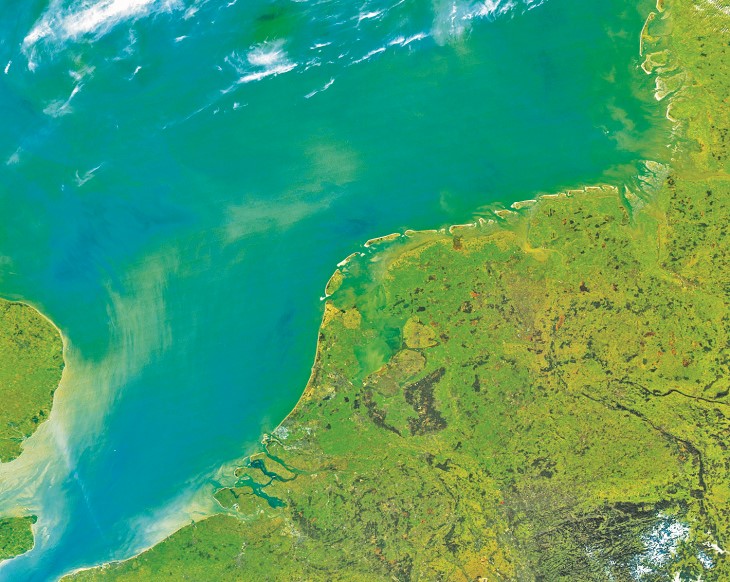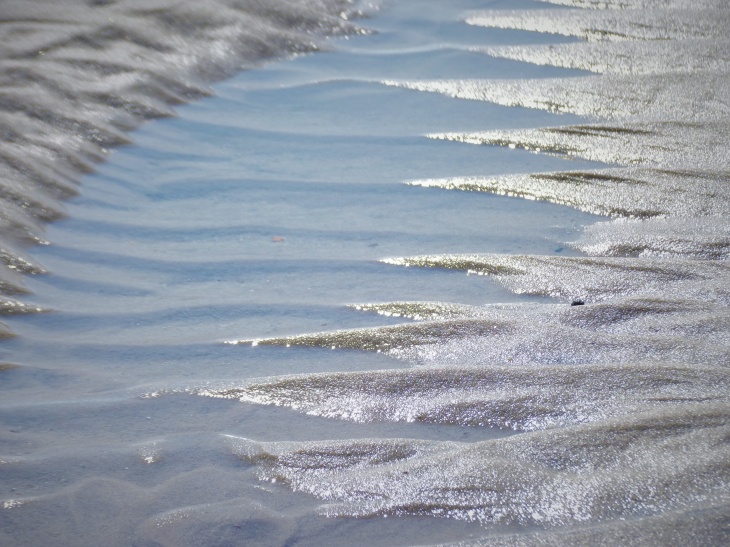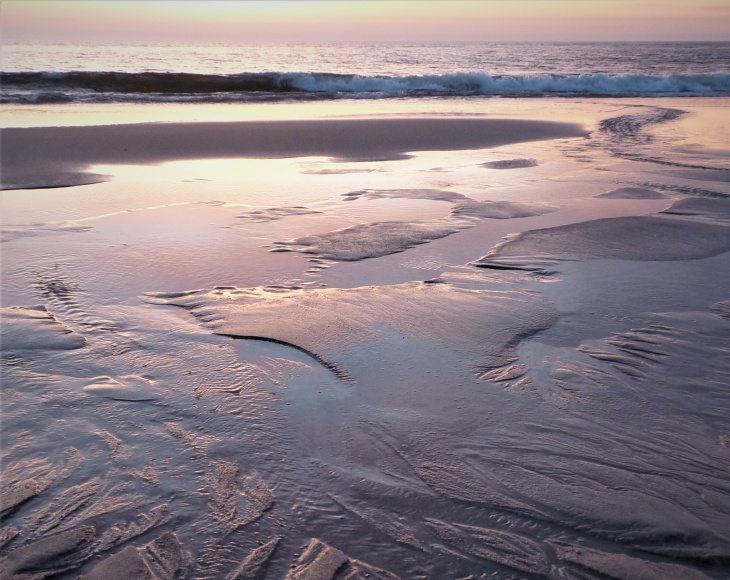Coastal Summerschool 2025
19. - 29.10.2025 Geesthacht, Elbe
Registration process completed
General information

©Jeff_Schmaltz_MODIS_RapidResponseTeam_NASA_GS
The Coastal Summer School is a collaboration between three of Germany’s leading coastal research institutions—the Helmholtz Centre Hereon in Geesthacht, Leibniz Institute for Baltic Sea Research Warnemünde, and Alfred Wegener Institute Helmholtz Centre for Polar and Marine Research. Since 2002, they have organized an annual program at various coastal sites including Sylt, Helgoland, and Warnemünde.

Foto: S. Hartmann/ Hereon
Climate change and global warming are driven by rising concentrations of greenhouse gases like CO₂, CH₄, and N₂O. Limiting warming below 2°C, as targeted by the Paris Agreement, requires achieving net zero emissions through both reduction and removal of these gases. Effective mitigation depends on accurately identifying and modeling all natural and human-made sources and sinks.
Coastal waters—such as shelf seas and estuaries—are highly productive ecosystems acting as both sinks and sources of greenhouse gases. Although often considered net sinks, human impacts can make them significant sources. However, the complex processes controlling these fluxes are not yet fully understood, and measurement and modeling efforts remain a current research topic.
At the Summer School, we explore key questions about:

Foto: S. Hartmann/ Hereon
• interaction of natural and human-driven cycles (like carbon and nitrogen)
• role of coastal waters as greenhouse gas sinks or sources
• anthropogenic impacts
• modeling complex coastal systems
• strategies to strengthen natural sinks and reduce emissions
Over ten days in Geesthacht and on the Hereon Campus, participants learn from leading experts in Physical Oceanography, Sedimentology, Biogeochemistry, Coastal Ecology, and Marine Geology. The programme includes practical training and a one-day stay on the Elbe on board the research vessel ‘Ludwig Prandtl’, Hereon's research vessel for innovative environmental studies.